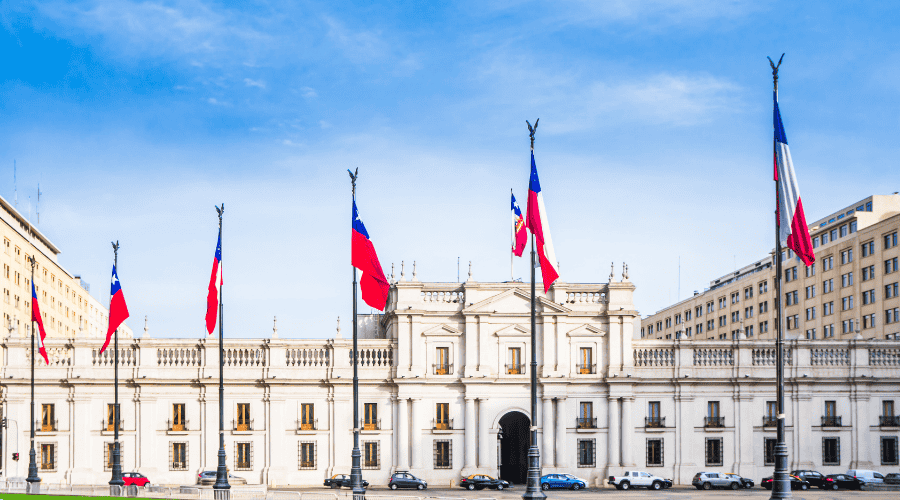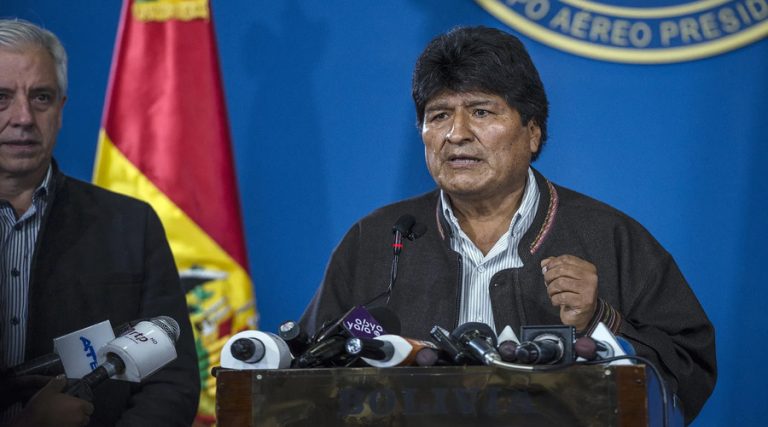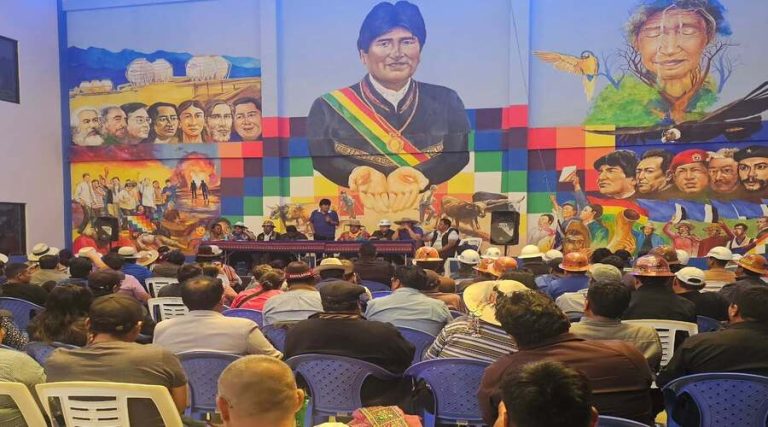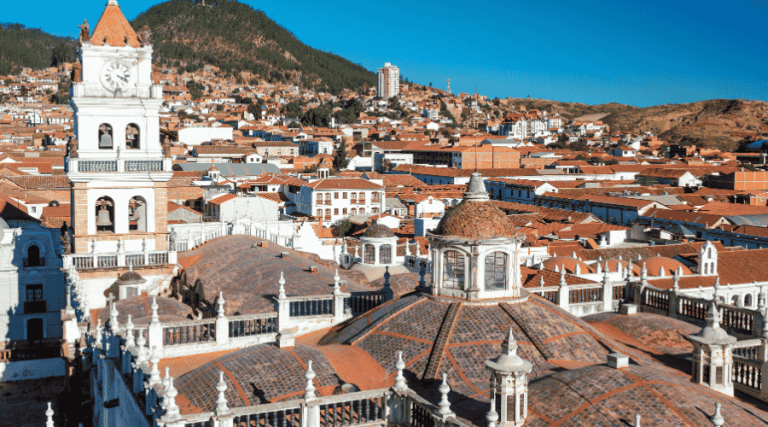
Bolivian President Evo Morales has officially signed into law a controversial bill that expands the legal cultivation area for coca plants, a key ingredient in traditional medicine and, controversially, cocaine production. The new legislation has sparked a heated debate among local farmers, opposition leaders, and international organizations concerned about its implications.
Details of the New Law
The law increases the legal cultivation area from 12,000 hectares to 22,000 hectares, citing the need to support indigenous communities and traditional coca use. Morales, a former coca farmer himself, has long championed coca as part of Bolivia’s cultural heritage and an essential part of Andean medicine.
Read more about Latin American policies on Diario Palm Beach.
Opposition and International Concerns
Critics argue that the new law will lead to increased cocaine production and illicit trafficking. Opposition leaders claim that the expansion primarily benefits the government’s political allies while undermining international anti-drug agreements. The United Nations Office on Drugs and Crime (UNODC) has expressed concerns over the potential for increased narcotics trade, urging Bolivia to strengthen control measures.
For more on global events and controversies, visit our Upcoming Events at Newport Dunes Waterfront Resort section.
Farmers’ Response and Economic Impact
Coca farmers, particularly in Chapare and Yungas, have welcomed the decision, arguing that it ensures economic stability for thousands of families. The Bolivian government insists that the new law will help regulate coca production while providing resources for local farmers.
Stay updated with our latest coverage on social and economic policies by visiting our About Us page.
Future Implications
While Morales defends the law as a means of promoting indigenous rights and economic development, international pressure may lead to further diplomatic challenges. The United States and the European Union have previously called for stricter regulations on coca cultivation in the region.
For inquiries or feedback on this article, contact us via our Contact Us page.
As Bolivia navigates these policy changes, the world watches closely to see how this decision impacts both legal coca production and the international fight against drug trafficking.




